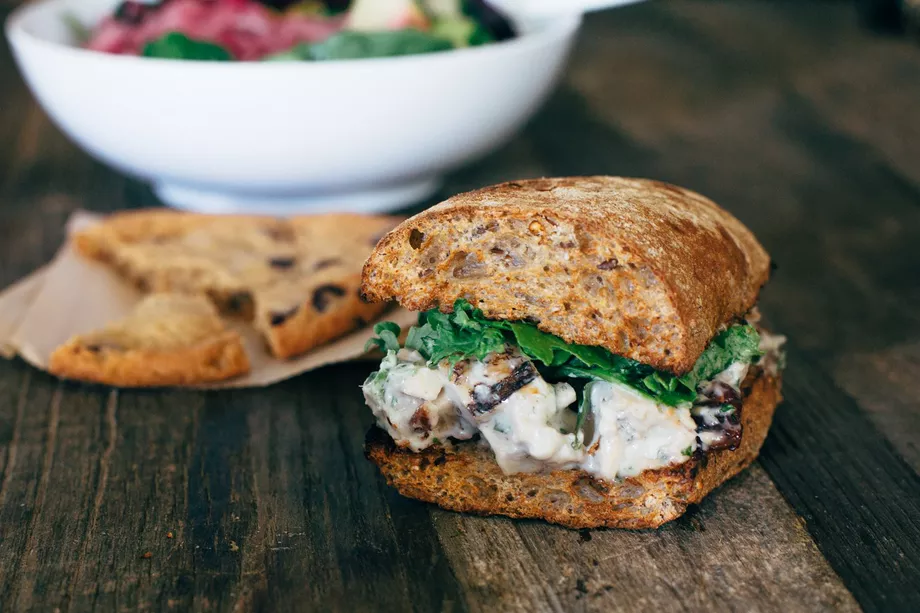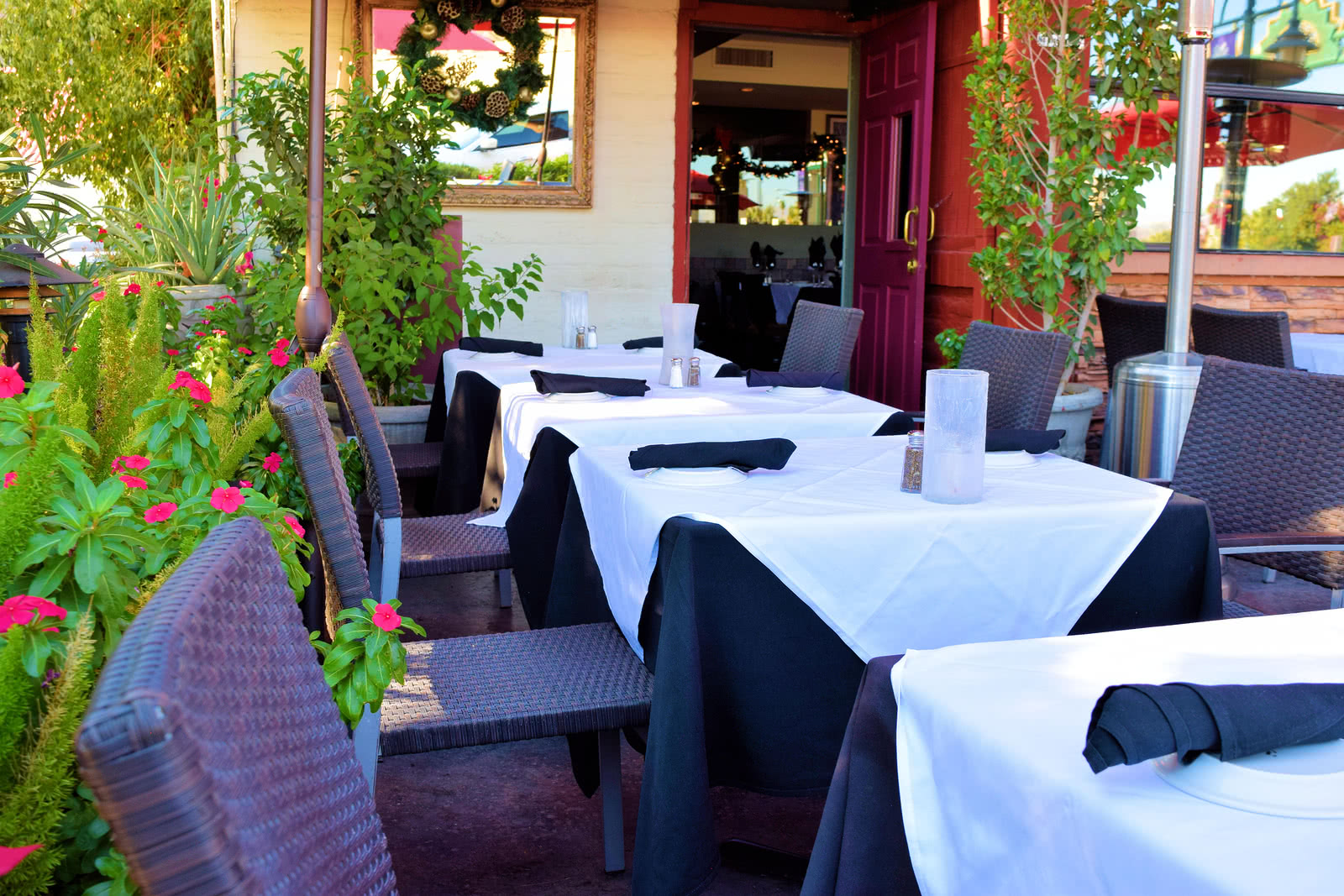Opening a restaurant is an exciting venture, indeed; but finding the ideal space to lease can be challenging. From the moment that you decided to open a restaurant, there’s no doubt you began conducting massive research from the get-go, including market investigation to determine if an area will prove lucrative for your restaurant business, to getting familiar with your competition and defining how you will set yourself apart and finally finding the perfect spot. It is likely that perfect spot involves a lease and getting in a hurry to tie up the property can lead to a multitude of issues, if you are not careful. Below are some of the items commonly found in restaurant leases that can result in nightmares if you’re not careful.
#1 Common Area Maintenance (CAM)
The rental of square footage is not the only thing you pay with a retail lease. You will also pay a pro-rata share of expenses to maintain the property, referred to as Common Area Maintenance (CAM). CAM fees are accrued and billed in various ways; ranging from monthly, quarterly, or annually and sometimes may be assessed based on repairs, upkeep of common areas, security systems and even taxes and insurance.
In regards to common areas, those may include bathrooms, parking lots, lobbies, elevators, and landscaping. CAM can be a tricky thing for tenants. Landlords like to put in language that permits them to cushion the expenses (i.e. asset management fees for the owner on top of property management fees) and this fee is oftentimes termed as an administrative fee that permits the landlord to charge tenants as much as 15% of the expenses incurred.
One major factor of CAM is that it can also contain capital improvements of the property. These go beyond standard repair and maintenance and although such improvements will inevitably benefit current tenants, including you; the landlord will continue to benefit for years to come. The reason for mention of the CAM is that such fees can result in a major upfront expense or recurring additional charges that you didn’t budget. Therefore, when reviewing lease terms, make sure that controllable expenses have a CAP on how much they can increase any year. The landlord can do little to affect insurance and property tax fees, but they can regulate how much is charged for asset or property management fees.
 #2 Landlord Matters
#2 Landlord Matters
Get acquainted with the landlord prior to signing a lease. A landlord could have the greatest personality ever, but bottom line, you’ll be running a restaurant business to make money and he or she will be overseeing property to make money as well. Some landlords are great, but do your homework and check with other tenants to be sure the landlord is responsive when issues come up and also verify that matters are handled promptly and efficiently.
Regardless of how likeable a landlord is, there is no guarantee you will be interacting with that same person for the tenure of the lease. Naturally, there are landlords who have the best of intentions and might act in 100% conviction, but at some point they will sell; and because of this, get the details in writing.
#3 Get It In Writing
While in a perfect world, someone’s word would be enough, protect yourself and your restaurant business by getting everything in writing. Ambiguous lease terms could lead to problems, and in the event the property changes hands, you want to ensure the terms protect you and alleviate the possibility of lease-price increases or an unexpected termination of the lease.
Lease Term
The location of your restaurant plays a major role in ongoing success. You may have the best food and service around, with customers’ coming from near and far. But what happens if you’re forced to move? If the terms of your lease do not secure you in a specific location long-term, it could be detrimental to your business. You can extend the term of the lease with options, such as in a unilateral agreement, which essentially holds the landlord to additional years on the lease. In addition to this, the unilateral agreement allows you, the operator to exit the space at the end of the original term. This is a great way to secure a property for 20+ years without 20 years of fixed liability.
#4 Exit Strategy
Protect yourself and ensure the fine print of the lease does not lock you in for a prolonged period, if business dynamics were to suddenly change. A number of possibilities could incur while conducting business. Naturally, no one enters business with the anticipation of failure, but unfortunately it happens. An unexpected sickness or injury could occur; a partner may suddenly throw in the towel and walk out, or licensing and permit issues may arise. Then, there’s also the alternative positive aspects such as receiving an offer of a lifetime to sell your restaurant; regardless of the potential possibilities, have an exit strategy defined in the lease.
If a landlord is ethical and wants tenants to succeed, then lease terms that are renewable on an annual basis are beneficial. However, if you encounter a potential landlord who refuses to offer any leniencies, it is probably an indication they will be difficult to work with later on.
#5 Signage
Read the details of the lease and make certain that you can install the signage you want. Depending on your locations, signage regulations and permit fees can fluctuate substantially. Multiple forms of signage are recommended and typically include having access to the road pylon, as well as raceway signs on the front of the building and window signage. Verify the lease details regarding size, location, lighting and aesthetics where applicable.
These are some of the more common issues encountered with restaurant leases. Prior to signing a lease, take into account that it is much more than a monthly payment. It is not uncommon for a restaurant lease to consist of twenty or more pages with a multitude of provisions. For this reason, oftentimes, it is beneficial to consult a commercial restaurant real estate broker or agent who is experienced in negotiating restaurant leases. This individual, an expert in the operations and lease structure needs in your business environment could become a valuable asset to your team and help set you up for success in your restaurant business.


